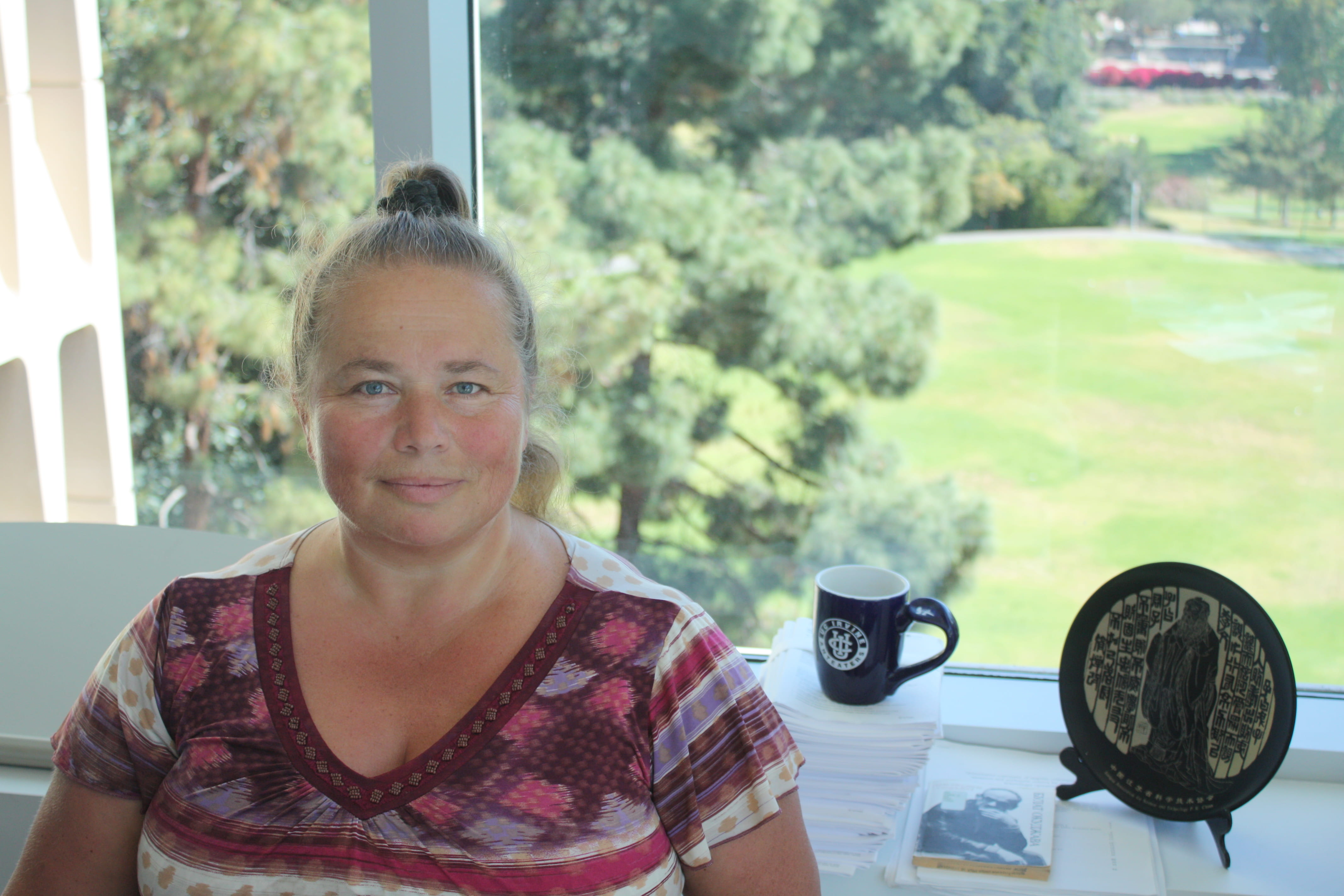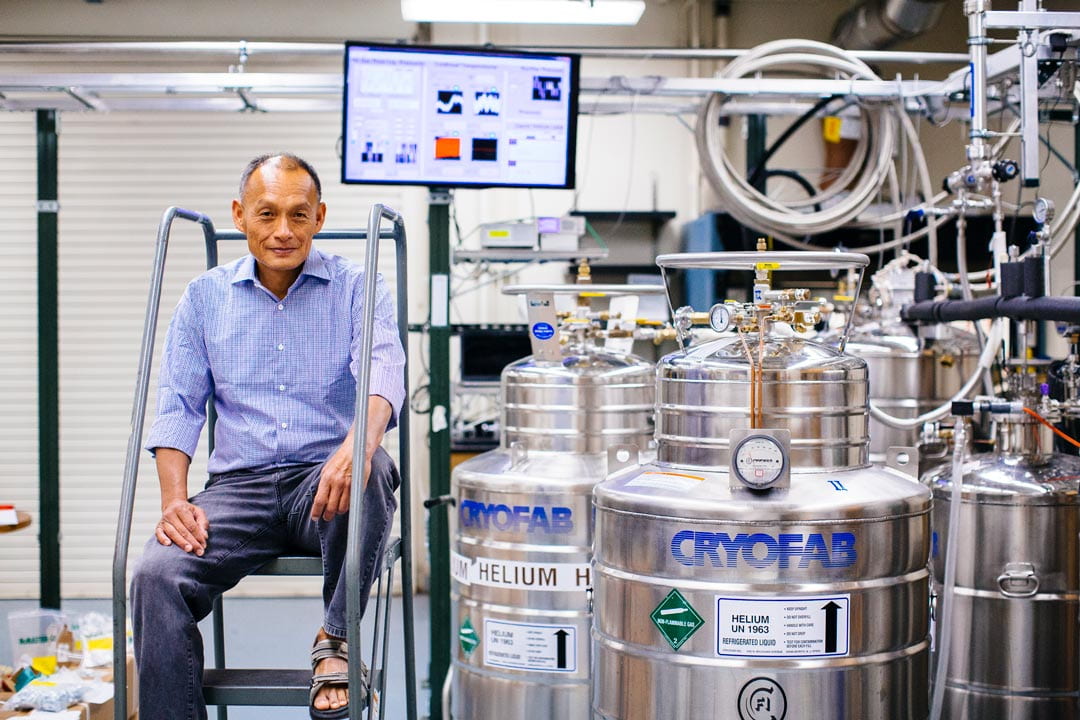Small drains mean big problems at ‘baby beaches'
Dry-weather ‘urban slobber’ runoff is a major pollution culprit, UCI finds
Irvine, Calif., Dec. 3, 2014 – High fecal counts frequently detected at so-called “baby beaches” may not be diaper-related. UC Irvine researchers found that during summer months, small drainpipes emptying into enclosed ocean bays have a disproportionate impact on calmer waters. The findings were published Tuesday in the journal Environmental Science & Technology.
Researchers have long known that creeks and tributaries foul coastal waters with major winter storm runoff. But dry seasons like the one that just concluded can spell potential peril, too. Runoff from watering of lawns and flowers collects in narrow pipes, gathering oil and gas drippings, bird guano and other waste along the way and is released in a pulse at low tide, forming a bolus that floats to the surface. There it stays, sitting atop heavier saltwater. Even when plumes drift toward open sea, onshore winds regularly drive them back to shallow swimming areas.
“Small drains play a huge role when it’s dry because they capture that urban slobber and deliver it to these estuarine water bodies,” said lead author Meg Rippy, a UCI post-doctoral urban ecologist. “Urban slobber is any runoff that comes from irrigation, from washing our cars, bird waste, dog waste, anything that then runs onto our roads that haven’t seen rain for a long time. And whatever is on our roads is delivered in highly concentrated form by our storm system to our water bodies.”
An estimated 24 million people visit enclosed beaches in California annually, according to the state water resources board. There are hundreds of these small bays along the western coast of the U.S. and worldwide, said co-author Stanley Grant, a UCI civil and environmental engineer. Such areas are dubbed “baby beaches” because they are shallow and still, making them ideal for youngsters and other waders.
To trace the pollutants documented in the study, Newport Beach engineers dyed pulses of waste coming out of pipes at certain spots in Upper and Lower Newport Bays and along Newport Peninsula. They were able to track the bright green plumes as they floated away from or hugged the shore.
Rippy and assistant city engineer Bob Stein then modeled and analyzed when such plumes appeared and how they behaved. Both noted that the fecal indicator bacteria they measured usually did not mean human sewage, although at times it could.
“To find an actual indicator of human fecal matter in Newport Bay is a rare occurrence,” said Stein, who recently completed his doctorate in civil engineering at UCI.
But other potentially harmful bacteria abound. Municipalities have installed costly pumps and mixing machinery in polluted shallow estuaries. Grant said those are ineffective because the material typically rests on the surface, not in the water column.
The team said recent clean-up efforts by Newport Beach officials have made a big difference, including placing traps at the mouths of storm drains, building new boat bilge pump-out stations and adjusting street sweeping. Replacing or relocating pipes farther offshore offers another solution. Rippy recommends “green” remedies like bioswales made of drought-tolerant plants in medians and other areas above the estuaries to naturally capture and filter “urban slobber” before it reaches drainpipes. Stein said drought-inspired reductions in irrigation runoff could be the best solution of all.
The National Science Foundation funded some of the work as part of its Partnerships for International Research.
Media contact: Janet Wilson, Writer – janethw@uci.edu
About the University of California, Irvine: Founded in 1965, UCI is the youngest member of the prestigious Association of American Universities. The campus has produced three Nobel laureates and is known for its academic achievement, premier research, innovation and anteater mascot. Led by Chancellor Howard Gillman, UCI has more than 30,000 students and offers 192 degree programs. Located in one of the world’s safest and most economically vibrant communities, it’s Orange County’s second-largest employer, contributing $4.8 billion annually to the local economy.
Media access: Radio programs/stations may, for a fee, use an on-campus ISDN line to interview UC Irvine faculty and experts, subject to availability and university approval. For more UC Irvine news, visit wp.communications.uci.edu. Additional resources for journalists may be found at communications.uci.edu/for-journalists.

